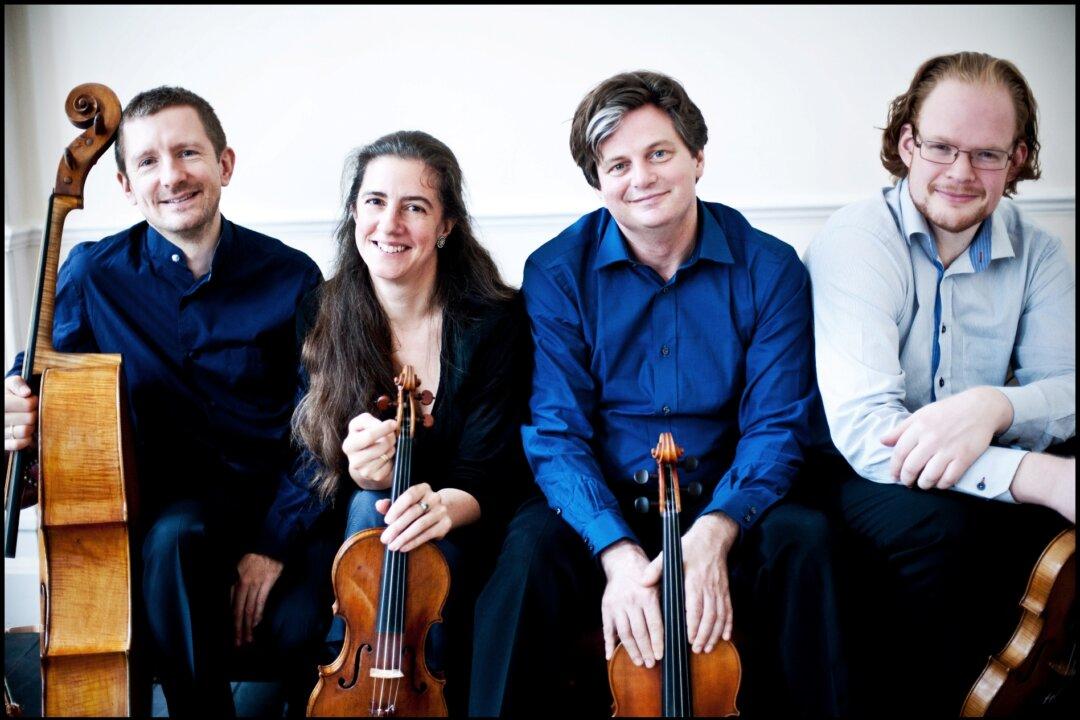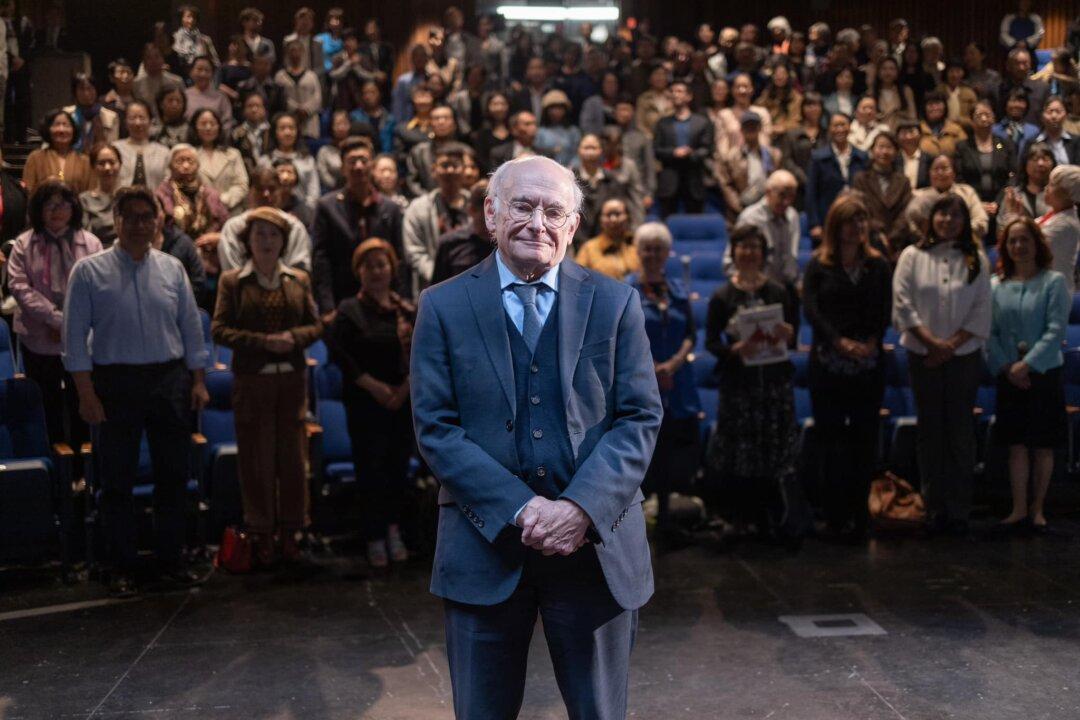The London Haydn Quartet, one of the world’s leading period instrument string quartets, continues to inspire audiences with a passion for some of the most beautiful music ever composed. This month, the U.K.-based group is touring Canada, bringing their rich program dedicated to Haydn, Mozart, and Beethoven to Canadian audiences.
The quartet uses 18th-century bows and gut strings, which were the standard in music until the 1940s. In addition, the musicians don’t use shoulder or chinrests for the violins or viola, nor is the cello supported on a spike.
“The more we explored this music and its language, the more we were drawn to the world of period instruments,” says Catherine Manson, the group’s first violinist.
“There is a real connection between musical meaning and the way the sound is produced, and we find much more of a connection with the music when it is allowed to inhabit its own native sound world.”
Eric Hoeprich, one of the world’s leading early clarinet specialists, joins them for the Canadian tour, playing a basset clarinet he made himself—the kind that Mozart composed for.
“We love the more intimate, speaking quality that the period instruments have,” Manson says.





